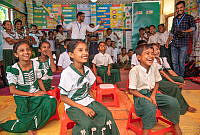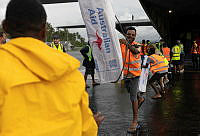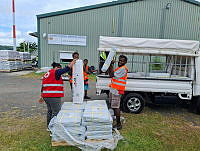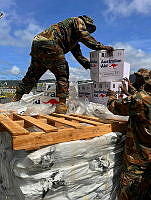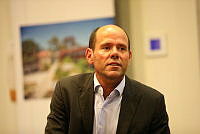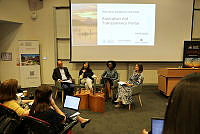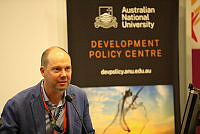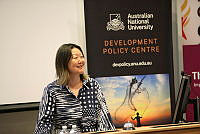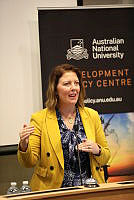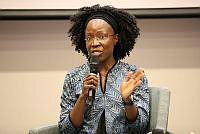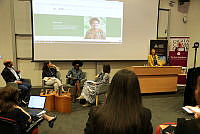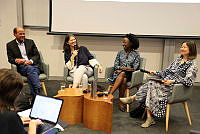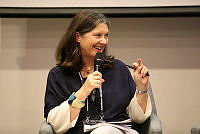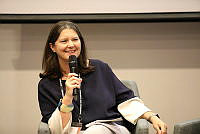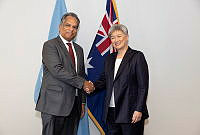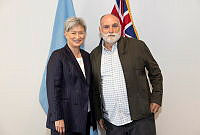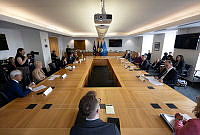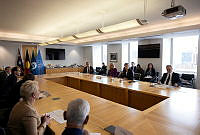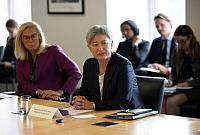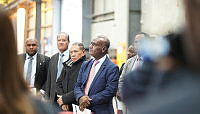Minister for Foreign Affairs, Senator the Hon Penny Wong, attends an Australia-hosted event on the protection of aid workers with leaders from international NGOs at the Australian Permanent Representation to the United Nations in New York on Monday 23 September 2024.
The Foreign Minister is in the United States to lead Australia's delegation to the 79th session of the United Nations General Assembly from 23 - 27 September, 2024.
- Ms Sigrid Kaag, Senior Humanitarian and Reconstruction Coordinator for Gaza TBC
- Ms Mirjana Spoljaric Egger, President of International Committee of the Red Cross (ICRC)
- Chef José Andrés, Founder, World Central Kitchen
- Ms Cindy McCain, Executive Director, World Food Programme (WFP)
- Mr Ramesh Rajasingham, Director of Coordination Division, UN Office for the Coordination of Humanitarian Affairs (OCHA)
- Dr Christos Christou, International President, Médecins San Frontières TBC
- Ms Nena Stoiljkovic, Under Secretary General for Global Relations, Humanitarian Diplomacy and Digitalization, International Federation of Red Cross and Red Crescent Societies (IFRC)
